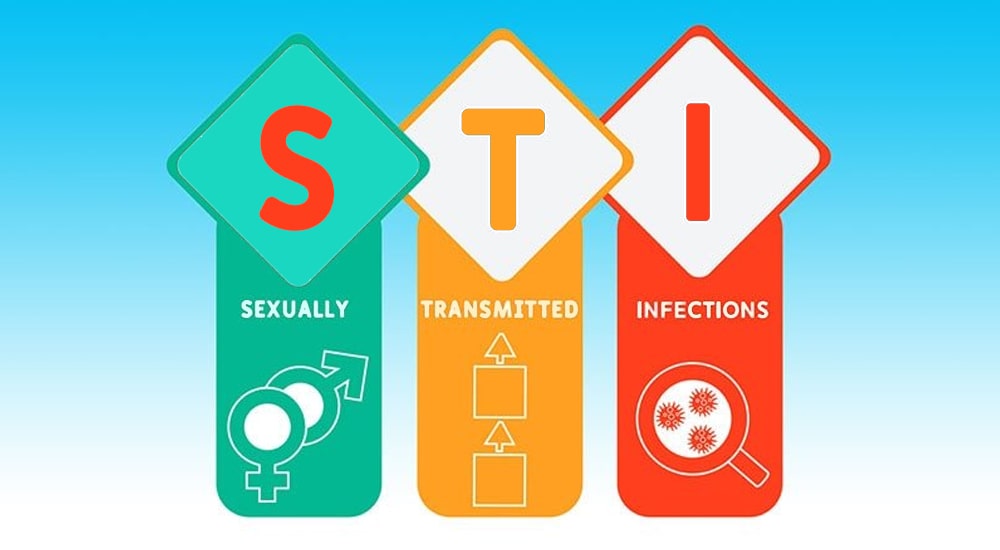
Sexually transmitted infection is a serious condition that transmits from person to person with sexual contact. Itching or burning around the genital areas is the most common sign or symptom of STIs. Fortunately, various treatments are available to treat certain types of STIs. However, one may again get an STI even after a successful treatment.
What is a sexually transmitted infection?
Sexually transmitted infections are a type of infection that you can get after a sexual activity that involves the mouth, vagina, penis and anus. Although Itching or burning around the genital areas is the most common symptom, some STIs can be asymptomatic. Some STIs can become sexually transmitted diseases if left untreated.
STIs are extremely contagious. If you are sexually active, you can even have an STI without even knowing about it. That is why the CDC, recommends going for regular STI screening if you are sexually active.
What are the common types of STIs?
The widespread types of STIs are:
What are the common symptoms of sexually transmitted infections?
Generally, the symptoms of STIs may vary due to the types. Some STIs may cause severe symptoms, while others may not cause any symptoms. However, STI symptoms appear around your genital areas. The common symptoms may include:
Apart from these, you may also have symptoms throughout the body, such as:
What causes sexually transmitted infections?
Sexually transmitted infections occur when parasites or bacterias infects the body. These microorganisms enter the body through bodily fluids (such as blood, urine, saliva, and semen) during sexual activities, like vaginal sex, oral sex, anal sex, and others.
Are sexually transmitted infections contagious?
Yes, sexually transmitted infections are contagious. STIs mainly transmit from person to person during sexual contact through bodily fluids. They can also pass through skin-to-skin contact, meaning touching an infected body part of the person, such as the genitals. On the other hand, a few STIs, like syphilis can pass from the mother to the baby during birth.
Who are at risk of getting sexually transmitted infections?
Although anyone can get sexually transmitted infections, teenagers and adults are at high risk. One can also get STIs if you share personal items like needles that contain blood.
What are the complications of sexually transmitted infections?
Sexually transmitted infections can cause lifelong complications if left untreated. Common complications that may arise due to untreated STIs include the following:
STI complications that specifically arise in women include:
STI complications for men include:
How are sexually transmitted infections diagnosed?
Healthcare providers diagnose sexually transmitted infections through physical examination and diagnostic testing. Your doctor may ask about your symptoms and medical and sexual history. After a confirmed diagnosis of an STI, you have to inform your sexual partner so that they also need to get tested.
Your doctor may suggest you STI testing to diagnose an STI. There are several types of STI testing available, such as:
Regular STI testing is crucial because some STIs do not cause any symptoms. Healthcare providers generally recommend STI testing once a year. However, how frequently one should get tested depends on a few factors. For example, you may be required to get tested once every 3 to 6 months if you have multiple sex partners. Doctors also recommend going for STI testing before having sex with a new partner.
How are sexually transmitted infections treated?
Not all STIs can be treated. The main purpose of this treatment is to lessen the symptoms, reduce the severity of the symptoms, and lower the possibility of spreading the infection. Healthcare providers recommend antibiotics and antivirals to treat STIs. You can take these medications orally or by injection.
How can I reduce the risk of getting STIs?
The only way to prevent getting STI is to abstain from sex. However, if you are sexually active, you can:
Fortunately, most types of STIs usually go away after treatment. However, some types of STIs, such as HIV require lifelong medication and management.